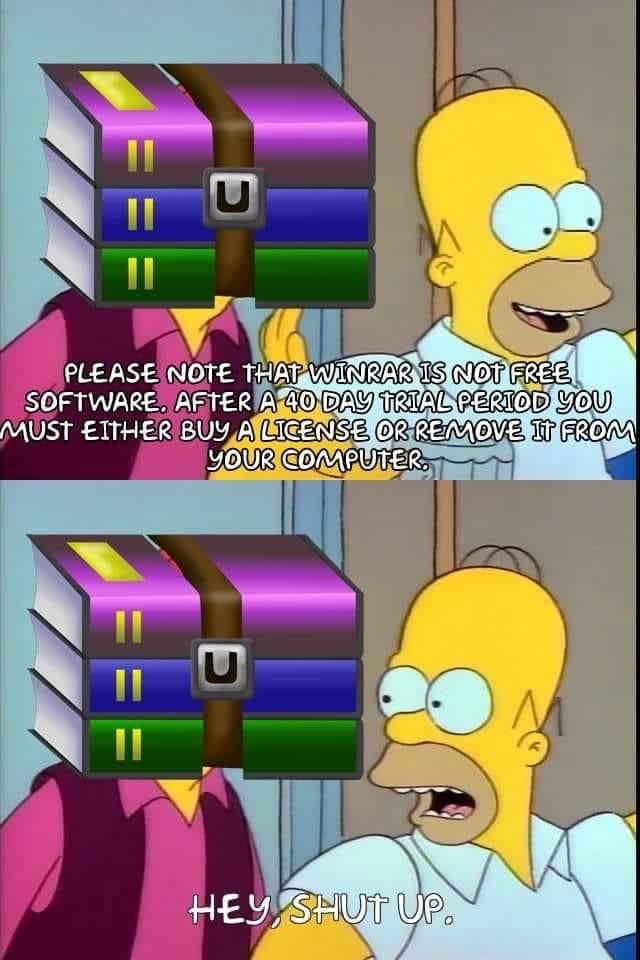Krita
Syncthing
CalTopo - free, with paid option worth every penny. Exceptionally good (intuitive, simple, utilitarian) wilderness mapping platform.
GNOME Boxes, works much better than stuff like virtualbox and uses Qemu under the hood.
Never heard of it before, but used to use Virtualbox quite a bit. What makes this much better?
Super easy to use and the guest distro just works. Minimal interface which looks nice, but misses some features such as network settings.
Qemu is great though. Linux virtualization is the best in class. Basically the whole Internet runs on top of KVM. Boxes is just a UI on top of KVM.
Virtualbox is owned by Oracle. Oracle has a nasty habit of being a real shitty company.
Anything which is Libre/OpenSource
OrganicMaps, all the trails I’ve been to so far in the US are available for offline navigation. No need to precache via gmaps and pray it won’t get deleted
KiCad. It’s an electronics design tool on par with commercial options in the industry, which cost a ton of money. Ever since the UI facelift it got a few years ago, it has become my go-to option. They are even working on integrating circuit simulation and finite element analysis, which is just crazy.
WinRAR
Chrome
/e/OS, Fedora, Fediverse, many apps from the F-Droid store.
firefox
considering the big monopoly of chrome based is not really free, it’s paid by google or microsoft mining user data
Firefox gets like 90% of its funding from Google for making Google the default search.
That’s funny, that’s the first thing I change when I set it up on a new device.
:) me too, still using google as search engine, but behind startpage
Yes, google pay for being the default search engine, but that doesn’t mean they collect your information. And even better, there are also Firefox forks security oriented.
In fairness, Firefox is also paid for by Google.
For work, entire ecosystems of dependencies. For every language, there’s so much you can do by just including a free module.
My company has some decent policies about giving back, but only on a case by case basis. I’ve been encountering resistance from both sides trying to formalize it.
- WTF is that developer saying he doesn’t want to scan his opensource projects or take advantage of automated builds and testing, as well as regular dependency updates?
- WTF is management so concerned about security and confidentiality but want to just ignore an entire category of components?
We have the tools, we have the process: everyone would be happier of opensource were a first class citizen with well understood rules and practices
Adding the following that i have not seen mentioned yet:
Docker - I literally run most of my server programs with docker now. Home Assistant, Jellyfin, and many others.
Tiny Media Manager that I use to scraper and organize my media library
Tiny Tiny RSS to combine my news sites into one aggregator. I actually saw this post on it since Lemmy has RSS feeds!
Openwrt I run as my home router.
I2P but it’s still pretty clunky.
Nomachine I use as a remote desktop client.
RocketDock I still use on my windows desktop after windows removed the programs toolbar.
ImageJ/Fiji I use for image processing, it’s from the NIH, with a bunch of Java plugins.
Gluetun I use to run my vpn client
Rif is fun
For me: Jellyfin, Audiobookshelf, Keepass, and Aegis
Kotatsu










